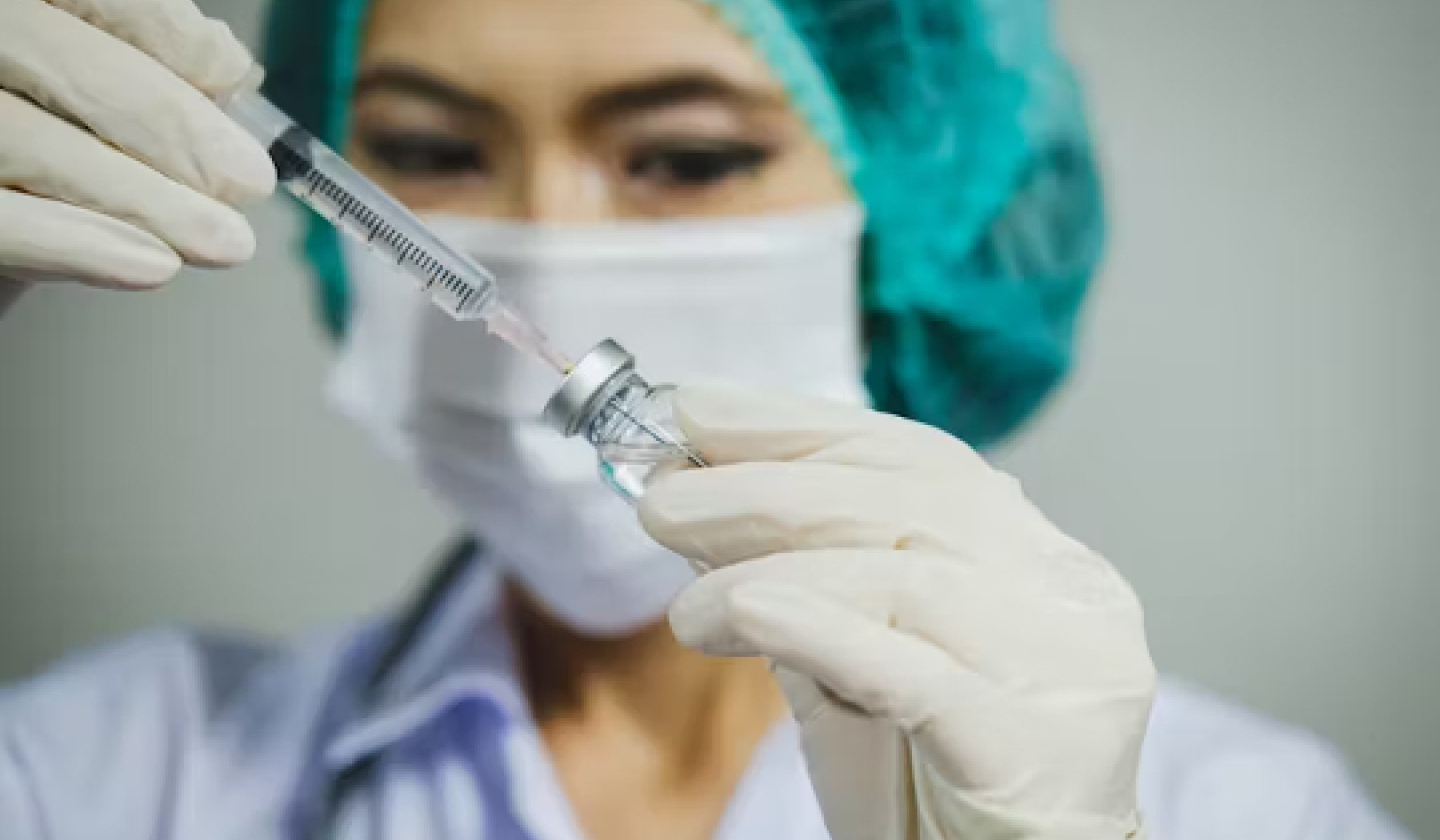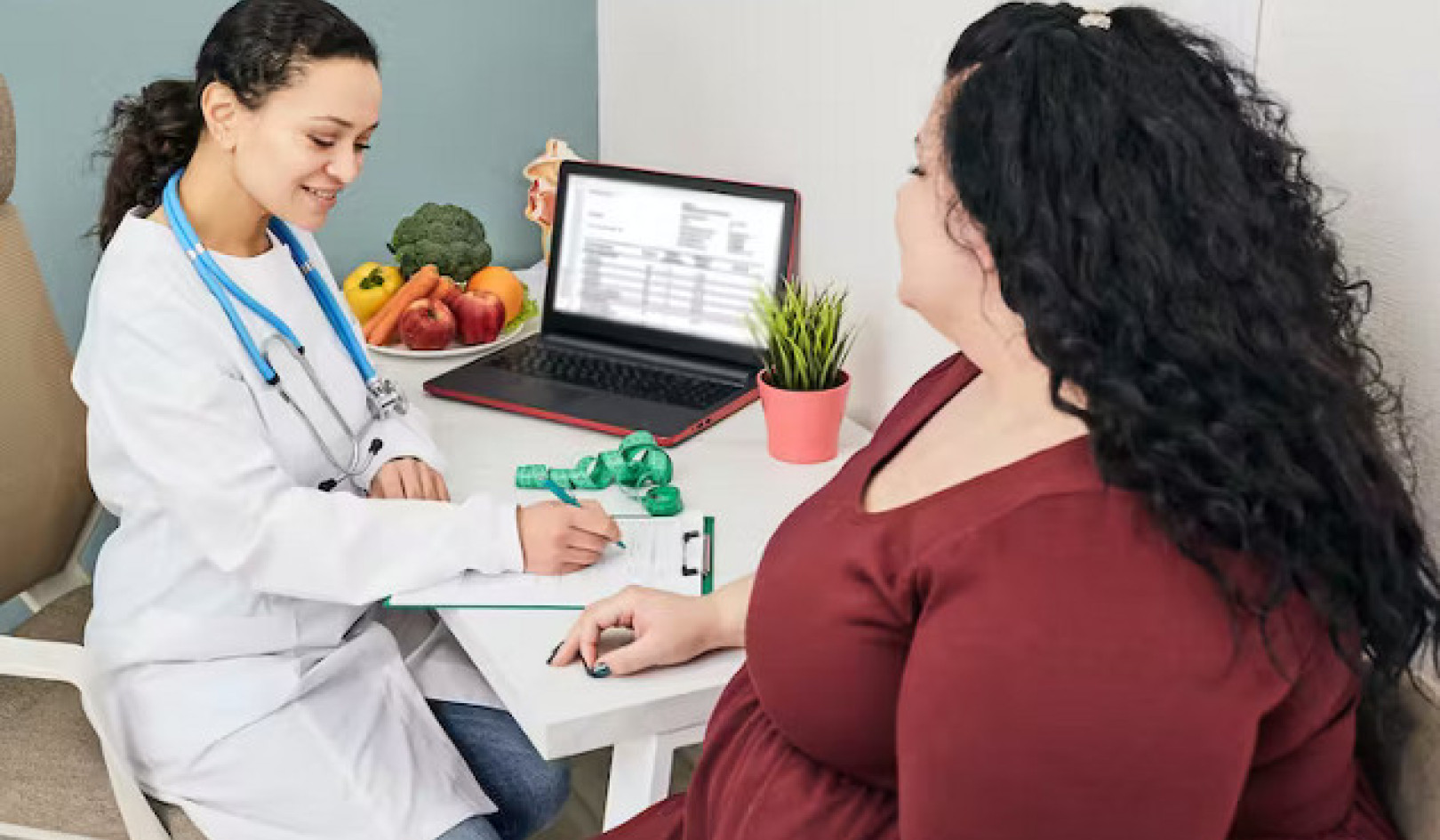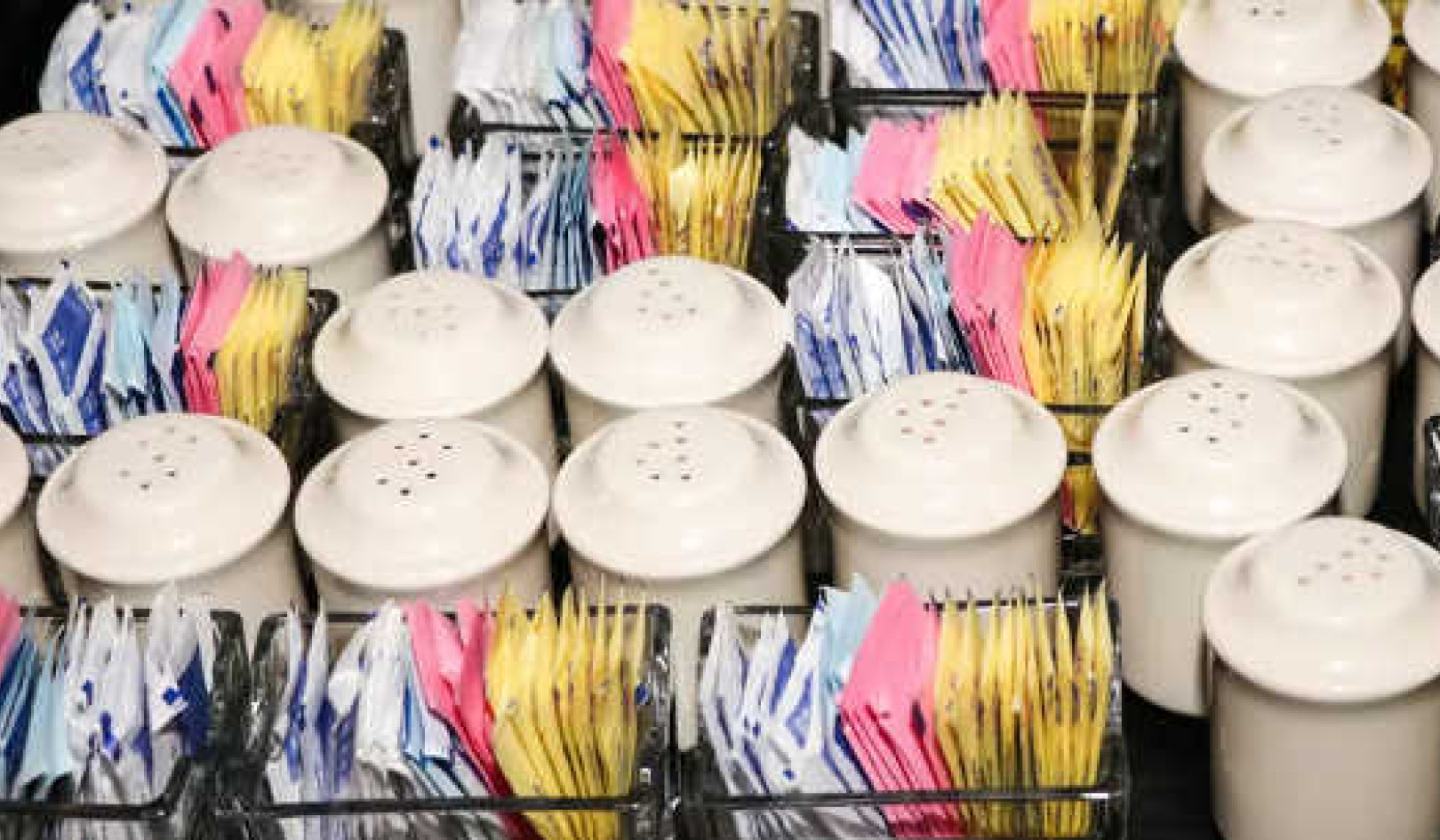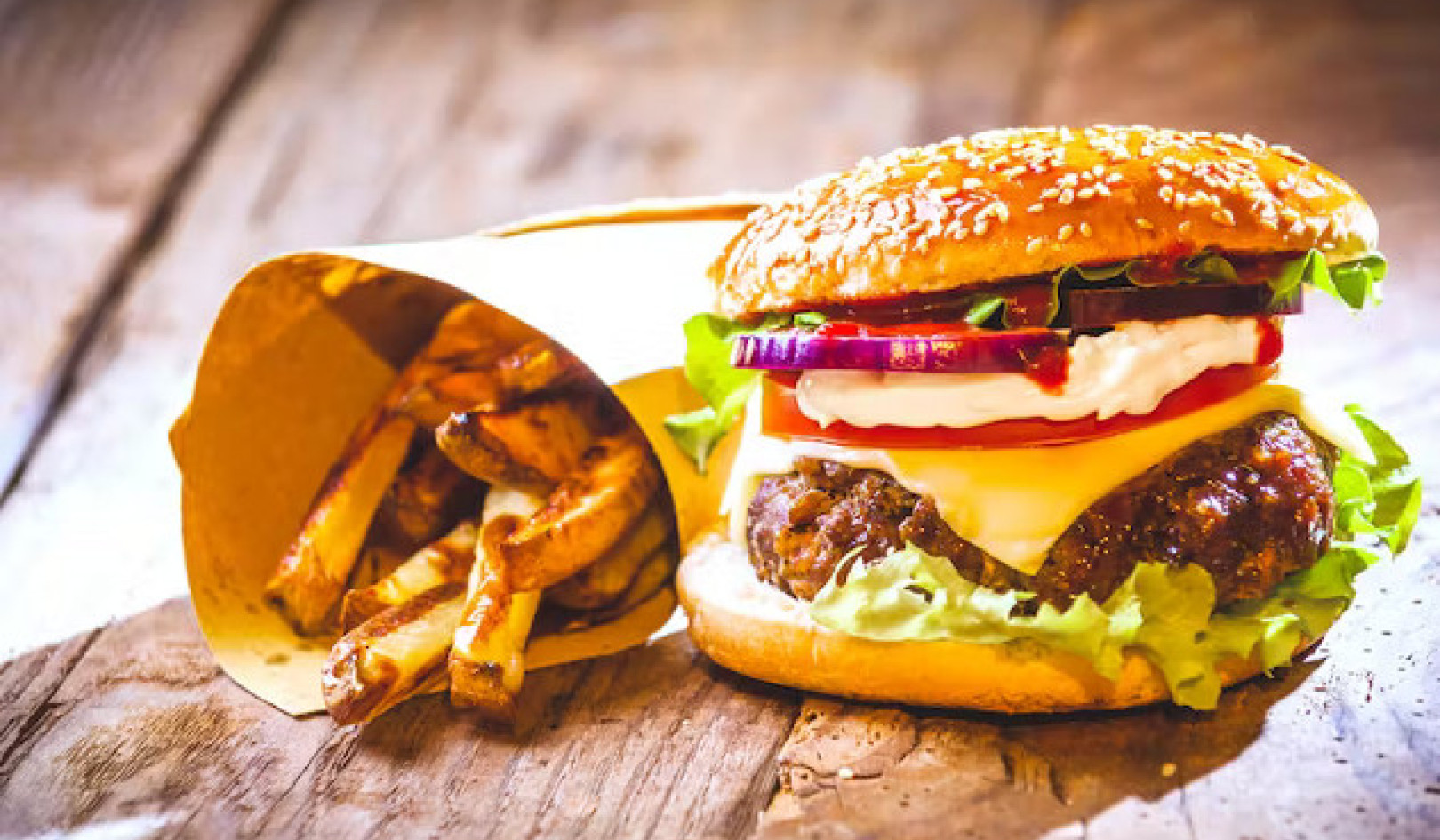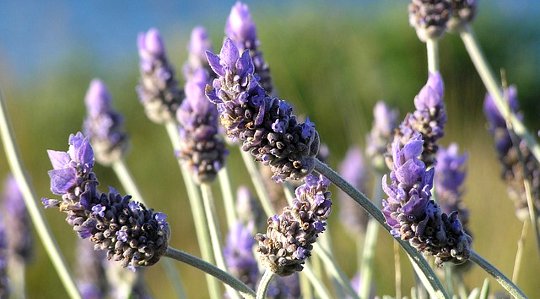
Simply put, aromatherapy is the therapeutic use of natural aromatic substances — essential oils. The "aroma" in "aromatherapy" refers to the fact that all essential oils have a characteristic smell, while the "therapy" refers to the fact that these oils are used for healing.
This "therapy" aspect has several branches. Of course, people have always used pleasant aromas to cheer themselves up, as women do when they apply perfume. We find perfume uplifting and it somehow forms a character into which we fit ourselves. Perfume in the form of incense has also traditionally been used in religious contexts because it is known to uplift the spirit.
People have preferences in both perfume and incense. Some find aromas particularly helpful in a strange, almost inexplicable, way. We now know, through scientific experimentation, that aromas exert an influence on the brain, and pictures of brain scans show this process at work.
Aromatherapy and Stress Reduction
Aromatherapy gained its popularity as an easy and natural method of stress relief. Certain essential oils, either applied in a massage, in bathtubs, or diffused in the atmosphere, make people feel more relaxed and confident. This aspect of aromatherapy has gained scientific credence over recent years and today, especially in Japan, banks and other large companies use essential oils diffused in the atmosphere to make their customers feel comfortable and relaxed in their offices or shops.
Historic research shows that people have been using essential oils, or their forerunners — unguents — as medicine for as long as we know. Indeed, without natural plant products in ancient times, there wouldn't have been any medicine!
Today's plants are just as good for us as they have ever been, so long as they have not been damaged by chemical pollutants. They haven't suddenly stopped being medicines just because chemical replacements have been invented!
Research on Medicinal Qualities of Essential Oils
Most of the research on essential oils concentrates on their medicinal qualities. It is these qualities which interest the doctors, paramedics, and nurses who, in increasing numbers, use essential oils as an adjunct to their work.
In Britain, essential oils are being used in many hospital contexts, from labor rooms in maternity wards to intensive care units, and aromatherapy is increasingly available through the public health care system. Hospices also find essential oils extremely helpful. For example, at the London Lighthouse, a specialist facility for the care of people with AIDS, aromatherapy is the most requested service that they offer.
Aromatherapy for Beauty & Body Care Treatments
"Aromatherapy" also refers to the use of essential oils for beauty and body care treatments. In this context, aromatherapy is one of the most popular treatments around the world, with clinics all over Europe specializing in techniques which employ essential oils.
Essential oils are extremely effective for cellulite reduction, which is a detoxification procedure, and because some essential oils can quicken the production of body cells, they are often used in beauty-care revitalization treatments. Indeed, commercial product manufacturers are so aware of the beneficial qualities of essential oils they make sure to advertise that they are used in their preparations.
Pure Essential Oil or Chemical Copy?
From a legal point of view there is no difference between an "essential oil" which is the pure extract of the named plant — what you and I understand as an essential oil — and a chemical copy. For this reason many commercial preparations which call themselves "aromatherapy" products have nothing whatsoever to do with the pure plant essences we know and love.
By using the word "aromatherapy" in a context it does not belong, unscrupulous companies are cashing in on the fact that essential oils are known to work, and that people prefer the goods they use to be natural and pure.
Aromatherapist Training Courses
Likewise, the word "aromatherapist" can be very misleading. It can refer both to someone who has attended a two- or four-year fully comprehensive training program, and to someone who has merely attended a weekend introductory home-use course.
There are several good systems of training and qualification which give students the right to call themselves an aromatherapist. Courses are available in Aromatic Medicine, Clinical Aromatherapy, Holistic Aromatherapy, Aesthetic Aromatherapy, Psychology & Aromatherapy, Personality & Aromatherapy, Veterinary Aromatherapy and Vibrational Aromatherapy. Aromatherapy organizations can often supply a list of qualified aromatherapists and respectable training courses.
It is important, whether searching out a therapist or looking for a training course, that you find the one most suited to your requirements. Most clinical aromatherapists have a general practice, but you may find that they also have an interest in certain conditions or areas. For example, one of the authors specializes in gynecological conditions, while the other has an interest in sports therapy.
Essential Oils for Home Use
Essential oils can be very effective when used at home, just as they are when used by a therapist. There are many useful massage books on the market, written for the layperson and including self-massage. However, home use isn't limited to massage. There are many other effective methods of use which are simple and easy — and fun!
Aside from the methods listed with the recommended quantities later in this book, essential oils can be incorporated into all kinds of items and given as presents to family and friends. A homemade essential oil pomander for use with clothes hangers brings pure delight, while candles made using your favorite essential oils guarantee that you can always have that particular aroma around you when desired.
Note paper and envelopes absorb the aroma of essential oils very well and all you have to do is place one or two drops on a tissue and place that in the box or container. After a few days, the paper will take on the aroma you have chosen and your correspondents will now have, besides your written message, an aromatic reminder of you! Such is the pleasure of aromatherapy.
Aromatherapy for Health & Well-Being
One of the most cherished and appreciated aspects of essential oil use at home is the fact that it gives you a great deal more control over your life. Health is, of course, the greatest gift and essential oils are primarily about maintaining good health and well-being. Imagine how marvelous it is to be able to do something positive and effective when a member of the family is struck down with the flu, a cold or cough, by an infection, or by sprains and muscular aches. Many common ailments are easily dealt with by using essential oils. You will wonder how you ever managed before!
Another great benefit of using essential oils at home as a first-aid measure is that you can deal with a problem immediately. If a child wakes with an earache at three o'clock in the morning, you can deal with it there and then. If, in the early evening, your baby has colic and is crying constantly, the doctor's office is closed and you are at your wit's end, just five drops of dill essential oil diluted in 30 mIs (1 oz) vegetable oil — of which you use just a few drops — will help solve the problem.
It is precisely because essential oils are so practical that people all over the world turn to them in times of difficulty, as you would turn to a reliable and competent friend. Of course, even the best of friends cannot be expected to do everything and sometimes professional help will be needed.
Coming Back to Nature
Aside from the considerable benefits in terms of well-being, using essential oils is like taking a bit of nature and bringing it into the house. We all need this desperately, especially if we live in cities. Few of us can now, as our ancestors did, walk through the fields and inhale the life-giving fragrance produced by flowers, plants, and trees. Such simple and beneficial delights, like the natural environment we evolved with, are mostly gone. (At least they are rare in most residential and working areas.)
Most of us go through our day completely devoid of the goodness provided by nature. Yet we yearn for it, we need it, as a flower needs the sun. When you use essential oils, however, this yearning can be satisfied. Nature can be brought indoors, where we live and breathe, in the purest, most concentrated form essential oils — and made a daily part of our lives. Using essential oils at home is easy, beneficial, and just plain nice!
Certain People Should Use Caution with Essential Oils
Certain groups of people are advised to use caution with essential oils. These are: babies, children, pregnant women, people suffering pain because of taking long-term medication, the terminally ill, people who are taking large quantities of tranquilizers, those addicted to alcohol, and those addicted to substances known as "street drugs" or abusers of same. These are considered special cases and the dosages vary according to the condition.
Article Source:
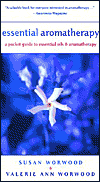 Essential Aromatherapy: A Pocket Guide to Essential Oils and Aromatherapy
Essential Aromatherapy: A Pocket Guide to Essential Oils and Aromatherapy
by Vallerie Ann and Susan Worwood.
Reprinted with permission of the publisher, New World Library. ©1995, 2003.www.newworldlibrary.com
Click here for more info and/or to order this book.
About the Authors
VALERIE ANN WORWOOD is aromatherapist to celebrities and royalty. Internationally acknowledged as one of the world's leading aromatherapists, she is the author of five books on the subject, including The Complete Book of Essential Oils a Aromatherapy. She lectures and conducts workshops around the world and has initiated research projects into the use of essential oils.
SUSAN WORWOOD is a professional clinical aromatherapist specializing in sports injuries and chronic pain conditions.




















